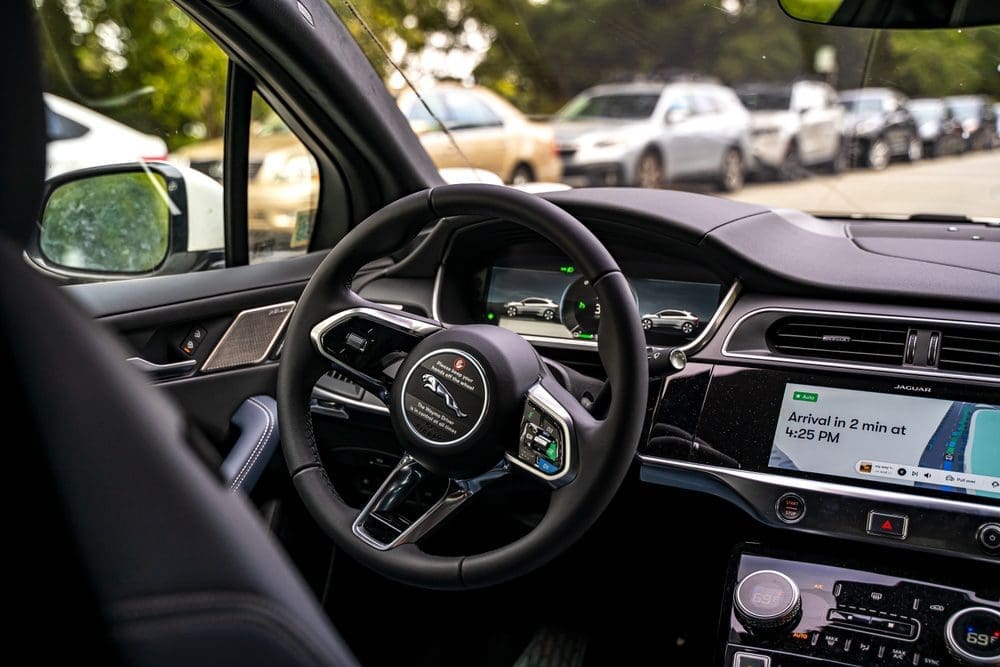
Waymo’s self-driving taxi empire is expanding — quietly, methodically, and with purpose.
After locking in Phoenix, San Francisco, and Los Angeles, the next wave of cities is all about smart infrastructure, smooth roads, and local governments that won’t panic at the sight of a driverless van.
Based on current testing, political signals, and AV readiness, these are the five U.S. cities most likely to get Waymo next.
Austin, Texas
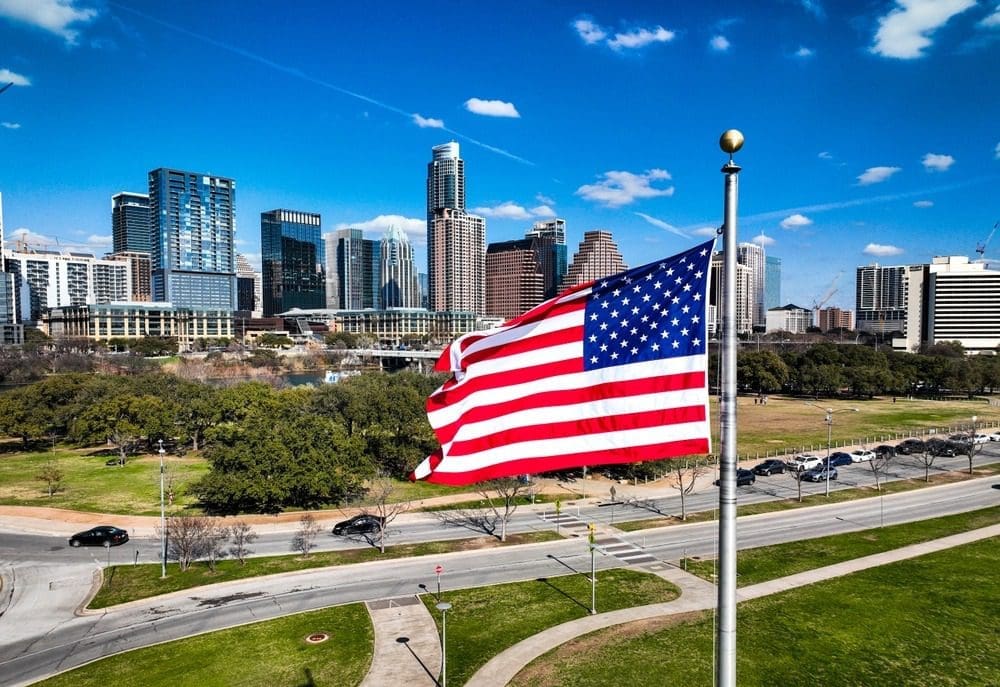
Already a proving ground for AVS, Austin checks all the boxes. Waymo’s been mapping the city since 2023, and local officials are openly pro-tech. It’s got urban density, sprawl, and warm weather — perfect for scaling up autonomous rides without a fight.
Miami, Florida
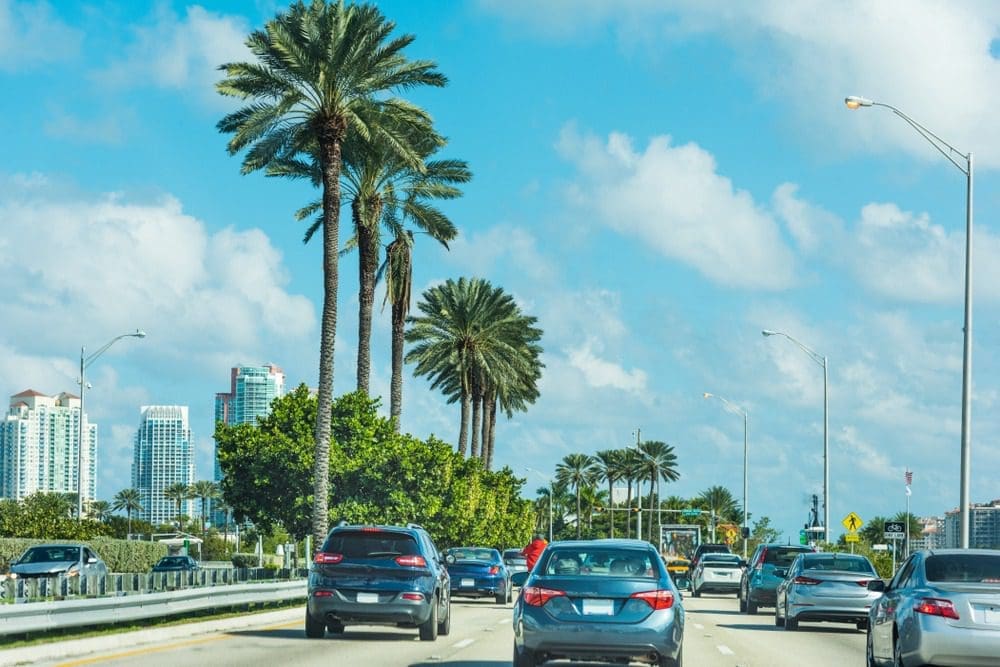
Miami’s flat grid and sunshine are ideal for self-driving ops. Florida has some of the friendliest AV laws in the country, and Waymo’s already tested its systems on local roads. Expect Miami to become Waymo’s next beachhead in the Southeast.
Seattle, Washington
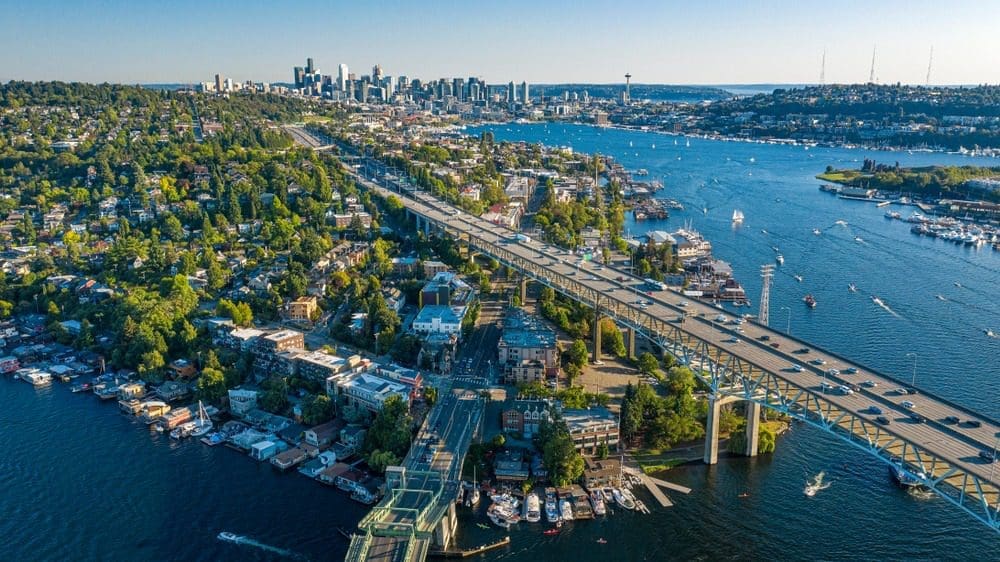
If Waymo wants to flex in tougher weather and compete directly with Amazon’s Zoox, Seattle’s the play. The city’s invested in smart infrastructure, and locals are used to tech experiments. AVS in the rain? That’s the real test.
Denver, Colorado
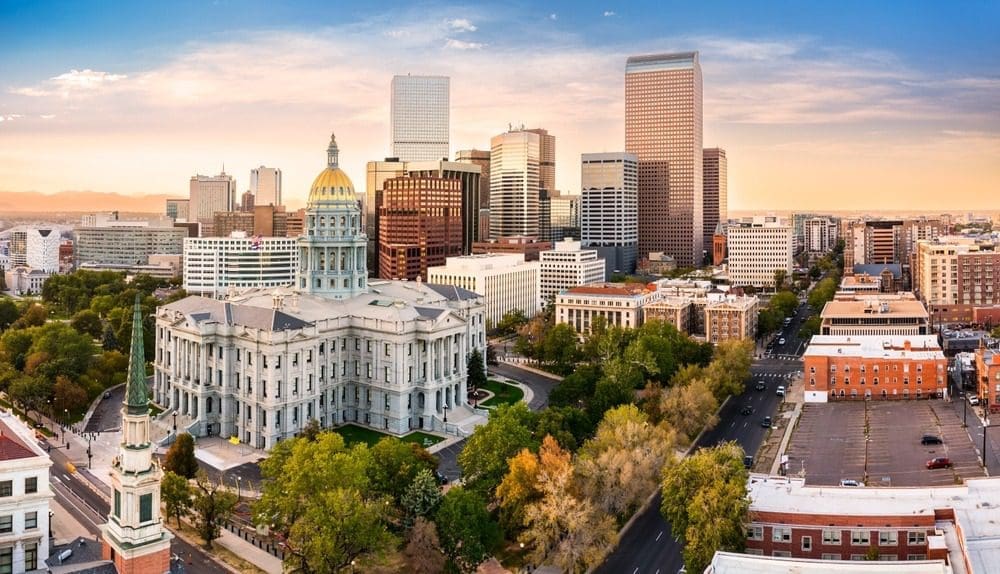
Denver’s been courting AV companies for years, and its road system is wide and manageable. Alphabet’s other projects are already integrated with city systems, and the altitude and dry climate mean smoother long-term ops. Feels like a done deal.
Washington, D.C.

Yes, seriously. Waymo has mapped parts of D.C. and the city allows AV testing with minimal pushback. The grid layout, federal focus on tech policy, and East Coast visibility make D.C. a smart symbolic win. The capital’s quietly in the running.
Why Not Here? Cities That Probably are not Next
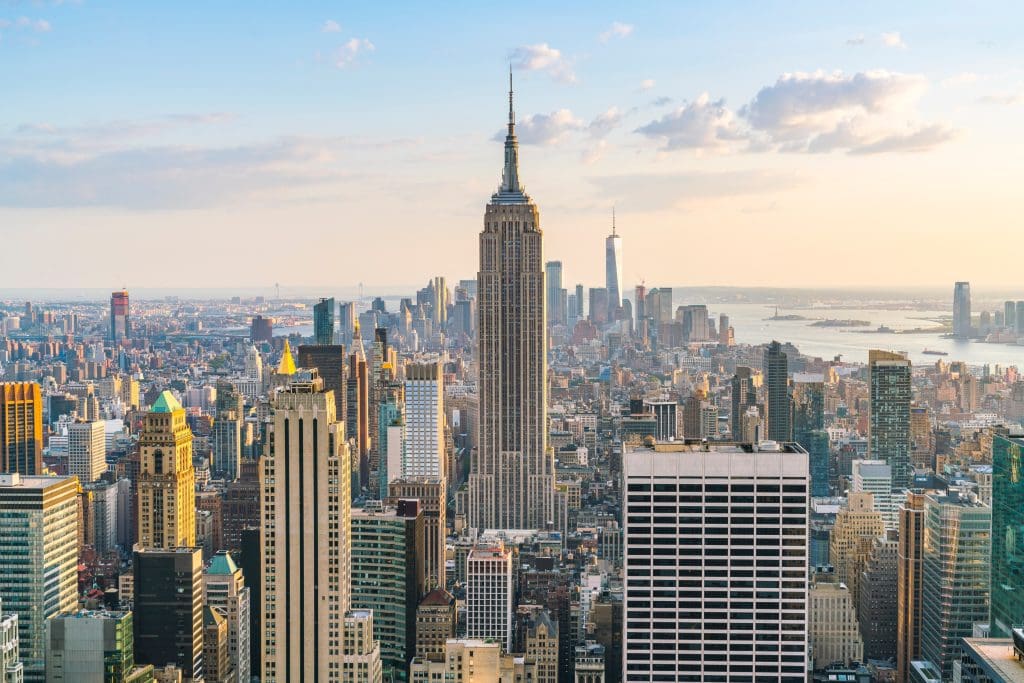
New York City? Too chaotic. Boston? Roads from hell. Chicago? Brutal winters and regulatory slowdown. Philly? Still figuring out bike lanes. These cities are high profile but high friction — Waymo doesn’t need the headache. For now, they’re on the bench.

























